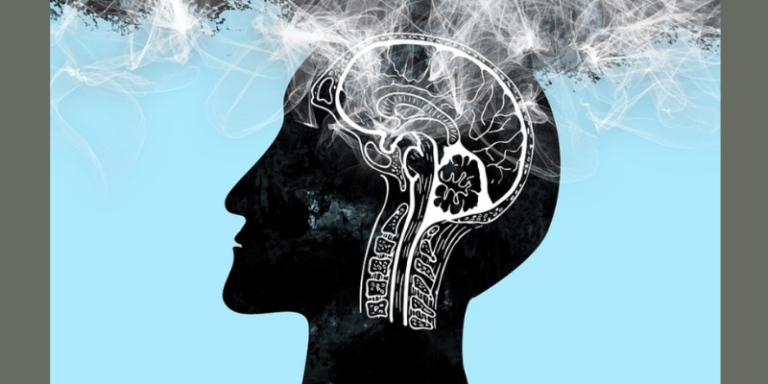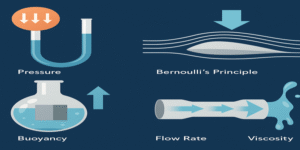Dementia is a term used to describe a range of symptoms associated with a decline in cognitive function that interferes with daily life. It is not a specific disease but rather a group of symptoms that can be caused by various conditions affecting the brain (Alzheimer’s Association, n.d.). Common symptoms of dementia include memory loss, difficulty with language or communication, impaired judgment, and changes in mood or behaviour.
“Dementia is a complex condition with various causes, and while there’s no surefire way to prevent it entirely, there are steps one can take to reduce the risk or delay its onset.
Here’s an overview:
1.0 Causes of Dementia:
1.1 Alzheimer’s Disease: This is the most common cause of dementia, characterised by the buildup of amyloid plaques and tau tangles in the brain (Alzheimer’s Association, n.d.).
1.2 Vascular Dementia: Caused by reduced blood flow to the brain, often due to stroke or small vessel disease (National Institute on Aging, n.d.).
1.3 Lewy Body Dementia: It’s characterised by the presence of abnormal protein deposits called Lewy bodies in the brain (Mayo Clinic, n.d.).
1.4 Frontotemporal Dementia: This type of dementia is caused by damage to the frontal and temporal lobes of the brain (Alzheimer’s Association, n.d.).
1.5 Mixed Dementia: Some individuals may have symptoms of more than one type of dementia, often Alzheimer’s disease and vascular dementia together (Alzheimer’s Association, n.d.).
2.0 Prevention Strategies:
2.1 Healthy Diet: Consuming a balanced diet rich in fruits, vegetables, whole grains, and lean proteins can support brain health. Some evidence suggests that diets like the Mediterranean diet, which is high in fruits, vegetables, and healthy fats, may be particularly beneficial (Smith & Burke, 2015).
2.2 Regular Exercise: Physical activity has been linked to a reduced risk of dementia. Aim for at least 150 minutes of moderate-intensity exercise per week, as recommended by health guidelines (Livingston et al., 2017).
2.3 Mental Stimulation: Engaging in mentally stimulating activities such as reading, puzzles, or learning new skills may help maintain cognitive function and reduce the risk of dementia (Wilson et al., 2007).
2.4 Social Engagement: Maintaining social connections and participating in social activities can help preserve cognitive function and emotional well-being (Kuiper et al., 2015).
2.5 Manage Chronic Conditions: Conditions like diabetes, high blood pressure, and high cholesterol can increase the risk of dementia. Managing these conditions through lifestyle changes and medication as needed can help reduce the risk (Livingston et al., 2017).
2.6 Avoid Smoking and Excessive Alcohol: Smoking and heavy alcohol consumption have been linked to an increased risk of dementia. Quitting smoking and moderating alcohol intake can help reduce this risk (Alzheimer’s Society, n.d.).
2.7 Protect Head Trauma: Head injuries, especially repeated concussions, have been associated with an increased risk of dementia. Taking precautions to prevent head injuries, such as wearing helmets during sports and using seat belts in cars, is important (Gardner & Yaffe, 2015).
2.8 Quality Sleep: Poor sleep has been linked to cognitive decline. Aim for 7-8 hours of quality sleep each night to support brain health (Walker, 2017).
2.9 Regular Health Check-ups: Regular visits to healthcare providers can help monitor and manage risk factors for dementia, such as high blood pressure, diabetes, and high cholesterol (Livingston et al., 2017).
While these strategies can help reduce the risk of dementia, it’s essential to remember that not all cases can be prevented. Genetic factors and other unknown variables may also play a role. Therefore, maintaining a healthy lifestyle and managing risk factors are crucial steps in supporting brain health as you age.”
References:
Alzheimer’s Association. (n.d.) What is Alzheimer’s? Available at: https://www.alz.org/alzheimers-dementia/what-is-alzheimers. [Accessed on 14 May 2024].
Alzheimer’s Society. (n.d.) Alcohol and dementia. Available at: https://www.alzheimers.org.uk/about-dementia/risk-factors-and-prevention/alcohol.
Gardner, R. C., & Yaffe, K. (2015) Epidemiology of mild traumatic brain injury and neurodegenerative disease. Molecular and Cellular Neuroscience, 66, 75-80.
Kuiper, J. S., Zuidersma, M., Oude Voshaar, R. C., Zuidema, S. U., van den Heuvel, E. R., Stolk, R. P., … & Smidt, N. (2015) Social relationships and risk of dementia: A systematic review and meta-analysis of longitudinal cohort studies. Ageing Research Reviews, 22, 39-57.
Livingston, G., Sommerlad, A., Orgeta, V., Costafreda, S. G., Huntley, J., Ames, D., … & Mukadam, N. (2017) Dementia prevention, intervention, and care. The Lancet, 390(10113), 2673-2734.
Mayo Clinic. (n.d.) Lewy body dementia. Available at: https://www.mayoclinic.org/diseases-conditions/lewy-body-dementia/symptoms-causes/syc-20352025. [Accessed on 14 May 2024].
National Institute on Aging. (n.d.) What is Vascular Dementia Available at: https://www.nia.nih.gov/health/what-vascular-dementia. [Accessed on 14 May 2024].
Smith, P. J., & Burke, L. M. (2015) Mediterranean diet: a sustainable option for cognitive health? Frontiers in Nutrition, 2, 5.
Walker, M. P. (2017) The role of sleep in cognition and emotion. Annals of the New York Academy of Sciences, 1396(1), 1-3.
Wilson, R. S., Mendes De Leon, C. F., Barnes, L. L., Schneider, J. A., Bienias, J. L., Evans, D. A., & Bennett, D. A. (2007) Participation in cognitively stimulating activities and risk of incident Alzheimer disease. JAMA, 287(6), 742-748.









